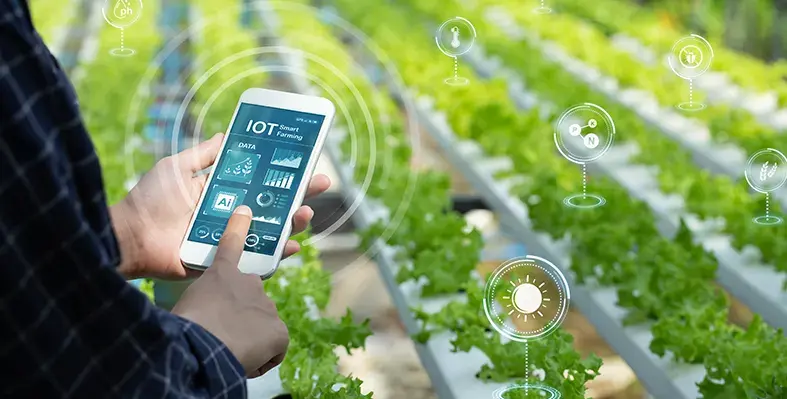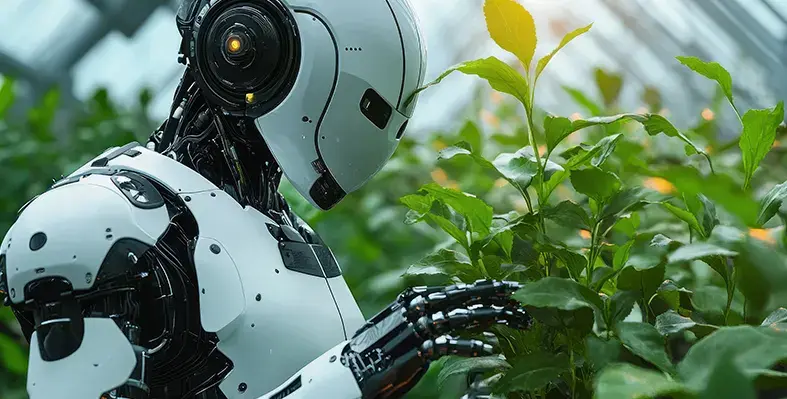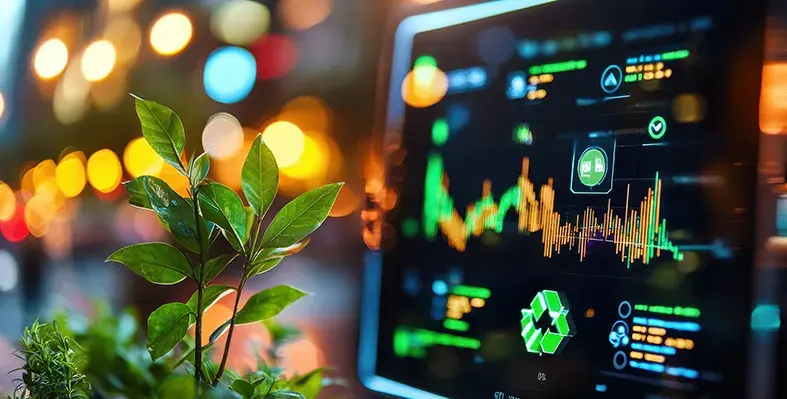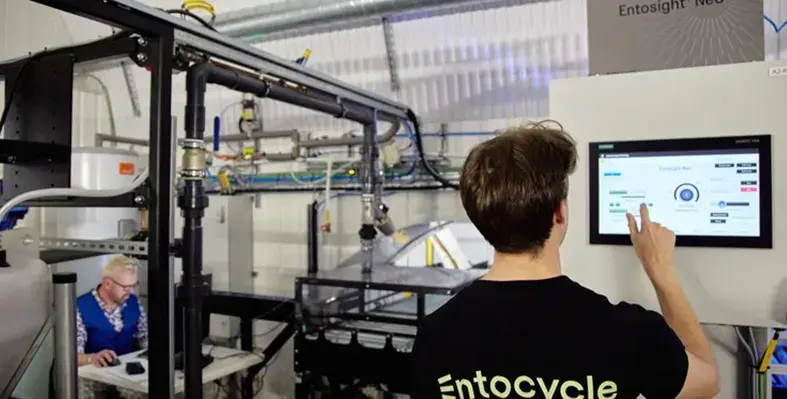The SoLAR project, funded by the Swiss Agency for Development and Cooperation (SDC), is entering its second phase, aiming to deepen agricultural resilience and climate transformation in smallholder farming
Launched by the International Water Management Institute (IWMI), the initiative runs from July 2025 to December 2029 and expands its geographical and thematic focus, now incorporating Ethiopia and Kenya, while continuing its work in Bangladesh, India, Nepal, and Pakistan. Building on the success of its first phase (2019–2024), SoLAR looks to scale solar energy solutions for agriculture and position them as a replicable and scalable model for climate-resilient agriculture across the Global South.
In its first phase, SoLAR focused on generating evidence, piloting innovative financing models, and influencing policy to integrate solar-powered irrigation systems (SIPs). These solar pumps have proven effective in mitigating climate impacts by replacing diesel pumps and promoting sustainable groundwater usage. “Across the four South Asian countries, we have seen promising steps toward scaling solar irrigation sustainably and inclusively,” said Darshini Ravindranath, Project Lead and Research Group Leader at IWMI. The project has helped governments in Bangladesh and India integrate solar irrigation into national strategies, while in Nepal, it led to a significant policy shift, including revised subsidy criteria supporting women farmers and smallholders.
Key outcomes include the promotion of gender-sensitive policies, innovative financing such as micro-financing and grants, and the adoption of solar irrigation systems that reduce carbon emissions, conserve groundwater, and support high-value crops. IWMI’s work also extended to grid-connected solar irrigation in Nepal, enabling farmers to sell surplus energy, providing them with additional income streams while promoting responsible groundwater use.
In phase two, SoLAR will expand its reach to East Africa, focusing on scaling solar-powered solutions for irrigation, cooling, and processing. With Kenya and Ethiopia facing climate and energy challenges, the project sees solar technology as a transformative tool for boosting year-round agricultural production and enhancing food security. Muluken Elias Adamseged, Deputy Country Representative at IWMI in Ethiopia, remarked, “Scaling solar-powered irrigation, cooling, and processing can boost year-round production, cut losses and costs, and enhance food security.”
The second phase aims to drive an integrated approach with evidence-based policy design, accelerated funding for solar adoption, enhanced capacity building, and the establishment of Living Labs to test solar solutions in diverse settings. The program will directly benefit smallholder farmers in India, Bangladesh, Kenya, and Ethiopia by improving water and energy security, reducing emissions, and enhancing resilience to climate risks, according to Philippe Sas, Head of Cooperation for SDC in India.








